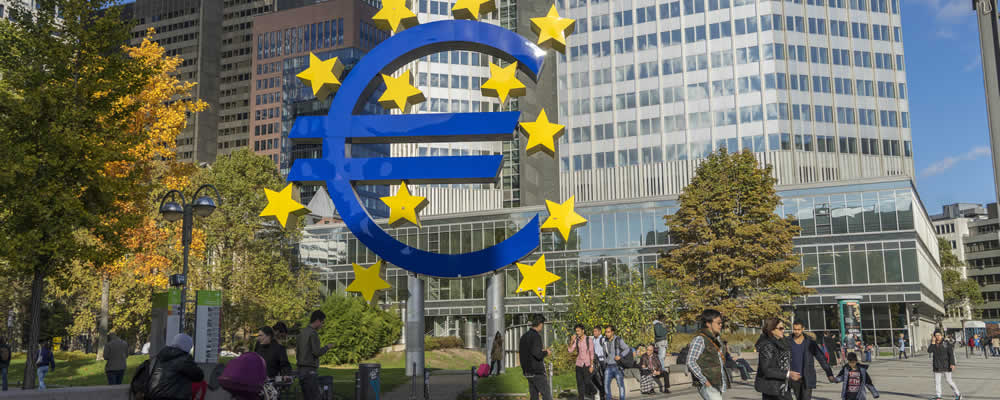Confidence in the Pound has remained rather limited as MPs returned from their summer recess to debate the repeal bill which will pave the way for Brexit.
There are lingering concerns that the government is continuing to pursue a harder form of exit, with UK and EU negotiators still appearing no closer to any meaningful agreement on any of the major issues.
This leaves GBP exchange rates biased to the downside, especially as the passage of the repeal bill is unlikely to be smooth and markets continue to lack any particular clarity as to the likely shape of any final Brexit deal.
Demand for the Euro, meanwhile, soared in the wake of the European Central Bank’s September policy meeting.
While there was no change in monetary policy at this juncture investors were still encouraged by the latest commentary from ECB President Mario Draghi.
As Draghi seemed to prepare the ground for an October move on quantitative easing the Pound Euro exchange rate slumped sharply, even though he also indicated that interest rates are likely to remain at their current lows for some time yet to come.
Carsten Brzeski, Chief Economist at ING, noted:
‘In sum, even though the ECB failed to present details of a game plan, the ECB’s intentions are clear: prepare a very smooth tapering without pushing up interest rates and with as little further Euro appreciation as possible.’
Even so, while the single currency struggled to hold onto all of its initial gains the GBP EUR exchange rate remained under pressure on Thursday afternoon.
Narrowed German Surplus Could Halt GBP EUR Slide
The bullishness of the Euro could come to an end if the German trade surplus narrowed in July.
Any fresh signs of weakness within the Eurozone’s powerhouse economy are likely to weigh heavily on the minds of investors, especially if exports fail to show a significant rebound on the month.
On the other hand, if the data surprises to the upside this could see the GBP EUR exchange rate shedding further ground ahead of the weekend.
Sterling could find a rallying point, meanwhile, if the visible UK trade deficit narrows on the month.
Given the heightened state of Brexit worries any indication that the UK economy is becoming less vulnerable to a deterioration in trade conditions is likely to boost the appeal of the Pound.
Focus will also fall on the afternoon’s NIESR gross domestic product estimate, with markets hoping to see a continued rebound from the second quarter’s disappointing showing.
However, if the GDP estimate fails to highlight any strengthening in domestic growth this could put additional downside pressure on GBP exchange rates.
Current GBP EUR Interbank Exchange Rates
At the time of writing, the Pound Euro exchange rate was slumped at 1.0904. Meanwhile, the Euro Pound exchange rate was making solid gains in the region of 0.9169.



